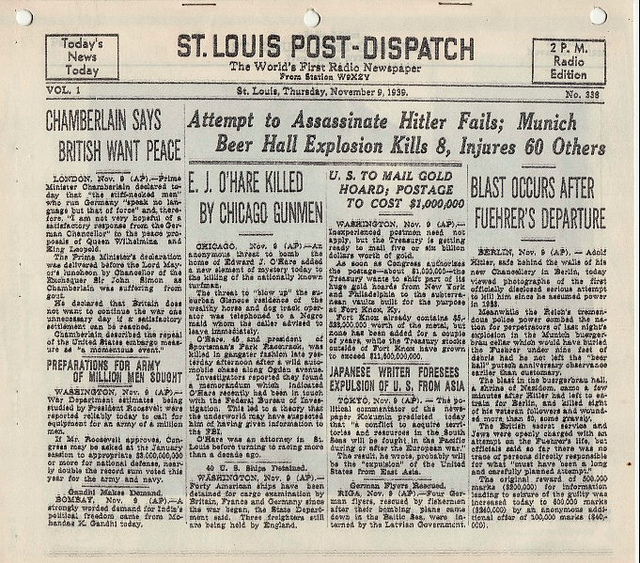

#St louis post dispatch subscription deals update#
Several grantees have already begun to change and update their guidelines.

It aims to publish a report in October 2024 with recommendations for using racial and ethnic categories in research. The National Academies of Sciences, Engineering, and Medicine will bring together a group of experts to evaluate the use of race and ethnicity in biomedical research. The Coalition to End Racism in Clinical Algorithms, housed under New York City’s health department, will help local safety-net hospitals such as the Maimonides Medical Center and One Brooklyn Health implement plans to replace medical algorithms with alternatives that aren’t adjusted by race. The organization aims to work with at least 10 hospital systems to evaluate those cells more accurately and to research the impact of medications on people with low counts of neutrophils. The American Society of Hematology will explore how people of African or Middle Eastern ancestry are told incorrectly they have unhealthy levels of neutrophils, a type of white blood cell. The American Heart Association will bring together members to identify and prioritize algorithms that use race in cardiovascular medicine and will award $1.2 million toward research into those algorithms. The academy will also gather experts to evaluate other algorithms and update its guidelines. The American Academy of Pediatrics will test a revised algorithm for assessing the risk of urinary-tract infections among patients at a children’s hospital. Niemann’s attorneys said they plan to pursue the libel and slander claims in state court.Sindy Escobar Alvarez, program director for medical research at the Doris Duke Charitable Foundation, says the new effort came about because of that advocacy and because limited research has been done on the design and impact of “race-aware” algorithms.įour national medical organizations and one New York City-based coalition will receive grants ranging from $1.36 million to $3.4 million to identify, update, and provide guidelines on medical algorithms that use race and to research how the tools work in hospitals. generally considered one of the greatest chess champions in the world, was trying to preserve his status as the “King of Chess” and to complete a deal with to acquire Play Magnus for nearly $83 million.Ĭarlsen’s attorney, Craig Reiser, said Niemann’s lawsuit was an “attempt to recover an undeserved windfall” and “chill speech through strategic litigation.”Ĭ was happy the controversy, which stunned the chess world, was ending and “are grateful that all parties can now focus on growing the game of chess,” said Nima Mohebbi and Jamie Wine, of the firm Latham & Watkins. Niemann said that after the cheating allegations were made, tournaments banned him, matches were canceled, and reputable chess schools wouldn’t hire him. Carlsen accused Niemann of cheating and withdrew from the tournament.

Louis, ending Carlsen’s world-record unbeaten streak.

The lawsuit came after Niemann shocked the chess world by defeating Carlsen at the Sinquefield Cup last year in St. She also dismissed libel and slander claims because she said she didn’t have jurisdiction to oversee them, The St. District Judge Audrey Fleissig found Niemann’s antitrust claims had no merit. Activate your Online Access Now Article content If you are a Home delivery print subscriber, unlimited online access is included in your subscription. Manage Print Subscription / Tax Receipt.


 0 kommentar(er)
0 kommentar(er)
